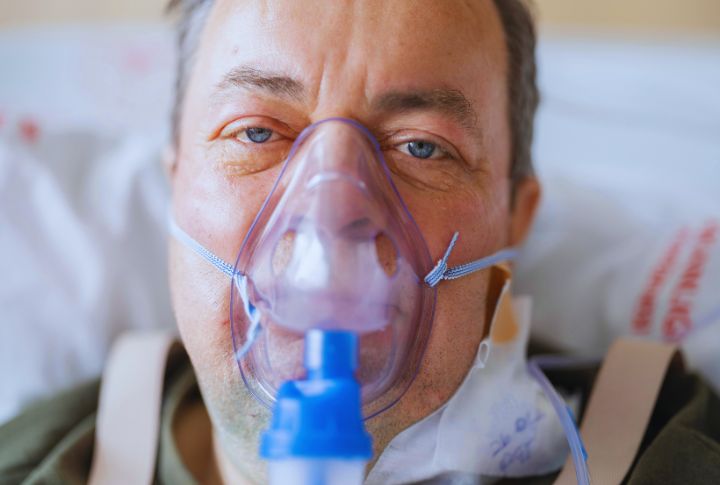
In the hours before life ends, the body tells its own story. The changes may seem sudden, but together they form a sequence that is difficult to overlook. Families who witness it describe the experience as both mysterious and deeply moving. Let’s look at 10 symptoms that tend to unfold in the final 24 hours.
Labored Breathing
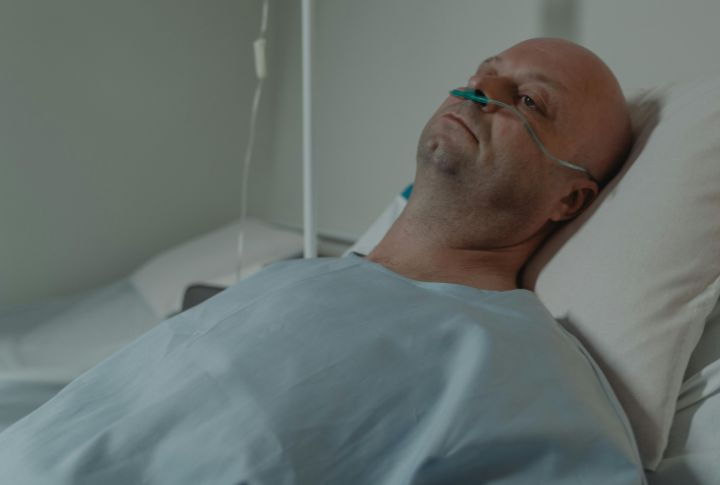
In the final hours, breathing shifts into an unfamiliar rhythm known as Cheyne-Stokes respiration. Shallow gasps alternate with pauses that create a sound many describe as rattling or irregular. It is distressing to hear, because it reflects the body’s struggle for oxygen. Sometimes it improves briefly before inevitably returning to a weaker pattern.
Mental Confusion
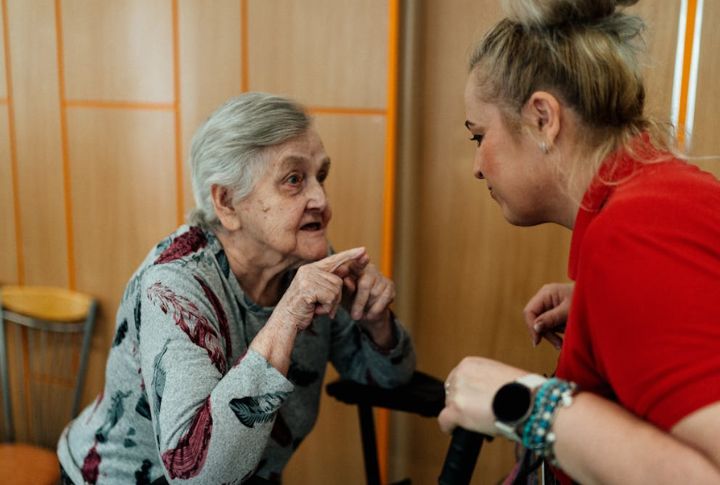
Watching someone drift in and out of awareness can be unsettling. Reduced oxygen to the brain brings confusion and forgotten details. Then, suddenly, a clear moment appears. Families describe these episodes as haunting yet meaningful, a final glimpse of lucidity in the midst of decline that lingers afterward.
Drop In Blood Pressure
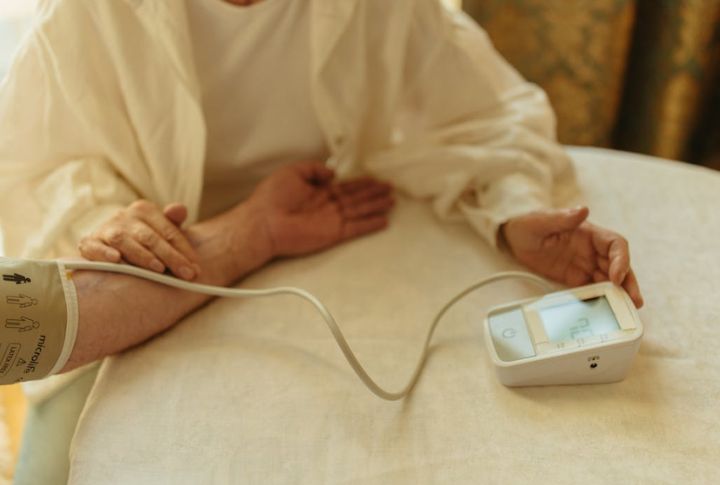
Monitors in hospice rooms reveal what the eyes may miss: a sudden, sharp decline in blood pressure. The drop is not gradual but noticeable as skin cools or mottles. Dizziness and fainting may also occur, though the patient is unaware. It’s a striking indicator that circulation is fading fast.
Extreme Fatigue

The sight of deep fatigue is one that people rarely forget. Patients spend nearly the whole day asleep, too weak for simple movements. Then, without warning, they may wake clear-eyed, asking for a word or gesture. That sudden rally occurs because the body releases its final stores of energy.
Loss Of Appetite

If you’ve watched a loved one stop eating, you know how troubling it feels. The body simply doesn’t want food anymore. Even fluids can seem heavy. Then, a craving might randomly appear before fading away. However, this fleeting appetite is part of the body’s final transition.
Decreased Urine Output
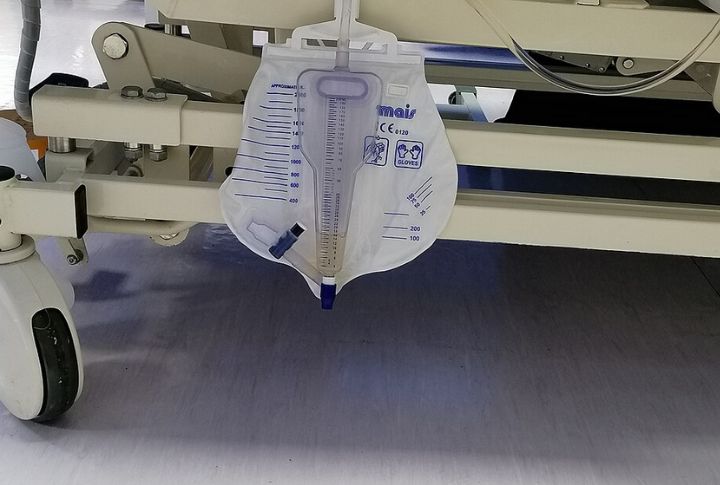
One of the clearest signals that life is nearing its end is a sudden decline in urine output. Because the kidneys lose their ability to filter, urine becomes darker, more concentrated, and noticeably less frequent. Revealed through catheter bags, the rapid change leaves families shocked by the body’s swift deterioration.
Cold Or Mottled Skin
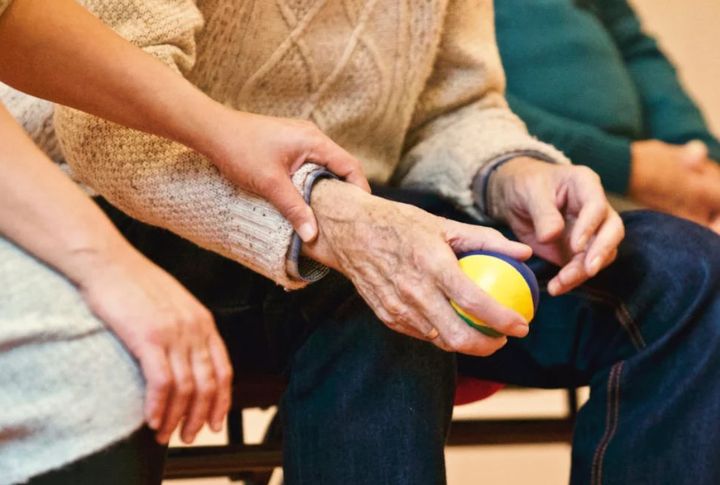
Touching a loved one’s hand near the end, you may feel the coolness long before realizing why. The cause is simple: blood no longer reaches the surface, focusing instead on protecting vital organs. That’s why the extremities are blotched and bluish, and mottling can spread quickly within hours.
Weak Pulse
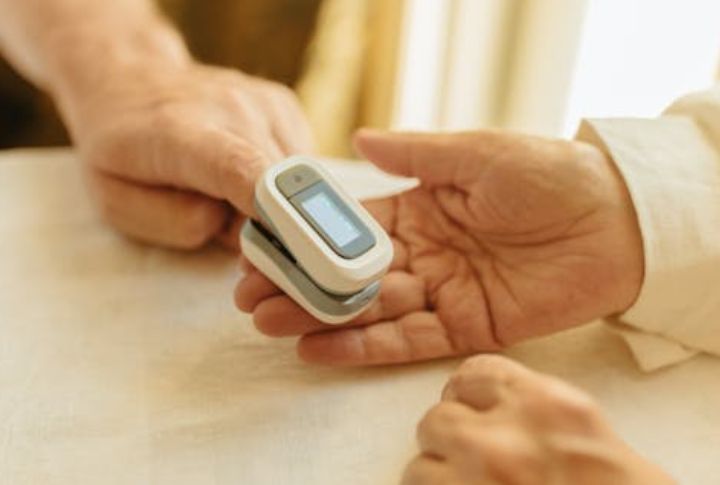
Weak pulse is one of the most recognized signs of decline. The beat becomes irregular and vanishes beneath the fingertips. Medical staff often turn to Doppler devices, tools that detect what human touch cannot to confirm the heart’s failing strength.
Withdrawal From Surroundings

When strength diminishes, the body conserves energy by retreating from interaction. Words lose meaning, and gentle touches receive little response. Families notice this detachment and feel its weight. At times, death follows soon after loved ones step out. So, what feels like absence is simply the body’s instinctive preservation.
Gurgling Sounds In The Throat
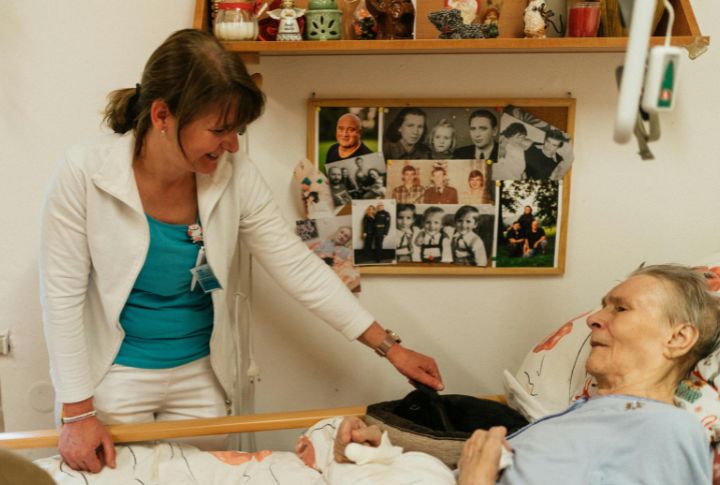
Despite its unsettling sound, the “death rattle” does not usually cause suffering. It happens when weakened throat muscles allow fluid to collect. Most patients are unconscious at this stage and unaware of it. And with simple repositioning or medication, the sound can be reduced to give them and the family members more peace.

